Advertisement
Here’s how faux meat products stack up
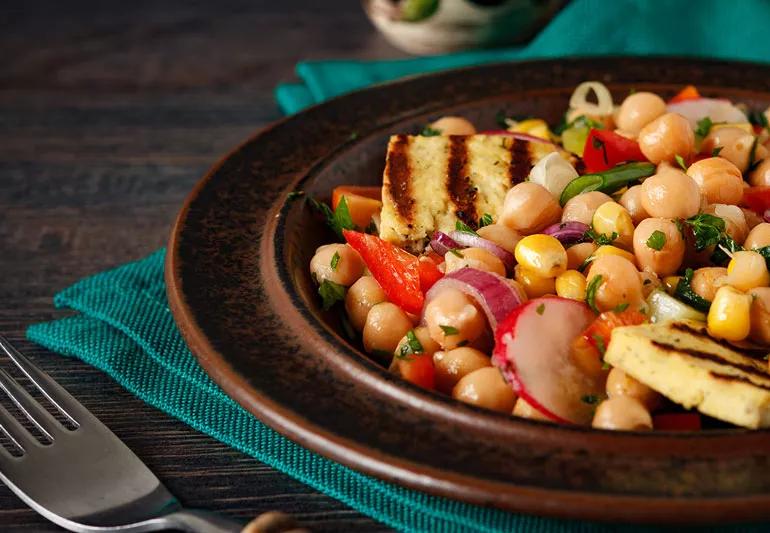
Veggie burgers aren’t just for vegetarians anymore.
Advertisement
Cleveland Clinic is a non-profit academic medical center. Advertising on our site helps support our mission. We do not endorse non-Cleveland Clinic products or services. Policy
Cruise down the refrigerated and frozen aisles of the grocery store and you’ll see all kinds of packaged meat alternatives, from standard bean-based veggie burgers to “chicken” nuggets to vegan bacon.
There’s also a new generation of faux meat products that are highly processed to mimic the look, flavor and texture of the real thing (some even “bleed” like a burger or piece of steak would).
For anyone who’s looking to pare back their meat consumption, these products can help ease the transition. But just because a product is vegetarian or vegan doesn’t necessarily mean you should think of it as health food that belongs on your plate every day, says registered dietitian Camille Skoda, RDN, LD.
Here’s her advice for picking the best meat substitutes.
While good-quality meat can provide your body with a plethora of different vitamins, minerals and nutrients, plant-based proteins have their own unique set of benefits, Skoda says.
“Having one meatless meal per day, or one meatless day in a weekly, can help you to diversify your diet, add fiber, and include other sources of protein,” she says.
Whole-food sources of plant protein, such as beans, lentils, nuts, seeds and whole soy, provide fiber and prebiotics to help your gut stay health. They also contain sustainable carbohydrates and healthy fats that can help balance blood sugars, Skoda adds.
Studies have also linked plant-based diets with lower risk of cardiovascular disease and other health benefits.
Advertisement
While many packaged meat substitutes are made with healthy, whole-food plant proteins and ingredients, not all of them are. That’s why it’s important to flip over the box and see what’s in one before you buy it.
“Some of these products have added preservatives, sugars, inflammatory oils or other ingredients that we don’t want,” Skoda says.
Before snatching up that meatless chorizo, she recommends considering your personal dietary needs and looking at:
Packaged plant-based products that imitate beef, chicken and pork may be a convenient 1:1 substitute at your next cookout, but there are plenty of other plant proteins that can be easily incorporated into your everyday diet.
Consider swapping out the meat in a recipe for:
Whether you’ve recently cut out meat from your diet or are just trying to eat less of it, plant-based proteins can help fill the void.
Advertisement
Learn more about our editorial process.
Advertisement

The general rule is 0.8 to 1 gram of protein per kilogram of body weight — but that may not be right for you, and it’s important to determine what’s right for you

Pickles are low in fat and calories and rich in some vitamins and minerals, but they’re usually high in sodium

While it isn’t bad for you, celery juice isn’t the detox phenom it’s claimed to be
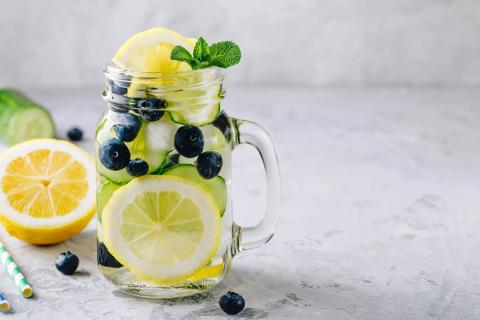
If you’re trying to drink less soda or fewer sugary drinks, flavored water can be a delicious and healthy alternative
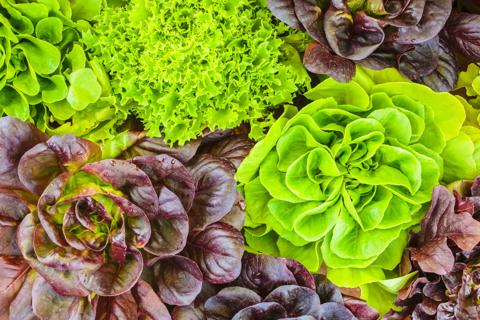
Lettuce is a versatile vegetable loaded with antioxidants and good-for-you nutrients
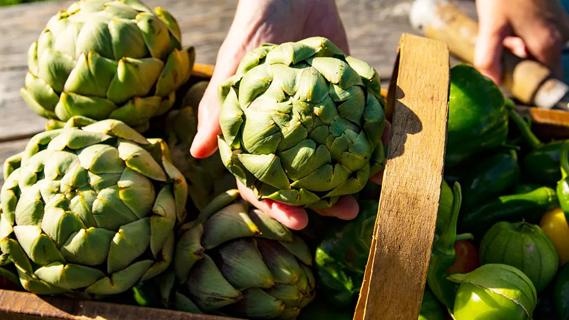
This unique-looking veggie is fiber-dense and antioxidant-rich, and can improve the health of your gut, liver and heart
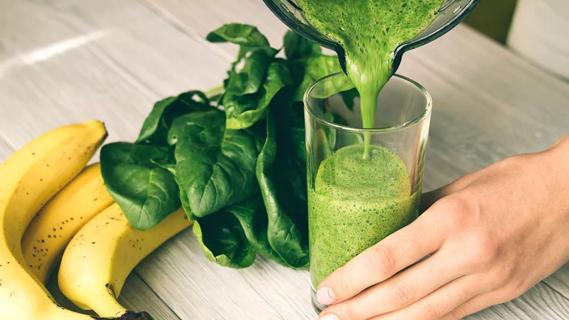
Vitamin-packed and antioxidant-rich, spinach can benefit your brain, eyes, blood and more
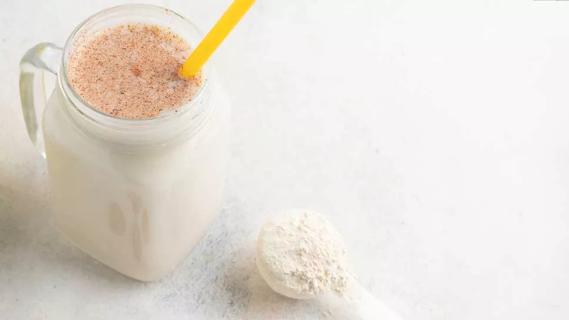
This edible insect powder can be a good source of protein, fiber and other nutrients

Focus on your body’s metabolic set point by eating healthy foods, making exercise a part of your routine and reducing stress

PFAS chemicals may make life easier — but they aren’t always so easy on the human body

While there’s little risk in trying this hair care treatment, there isn’t much science to back up the claims